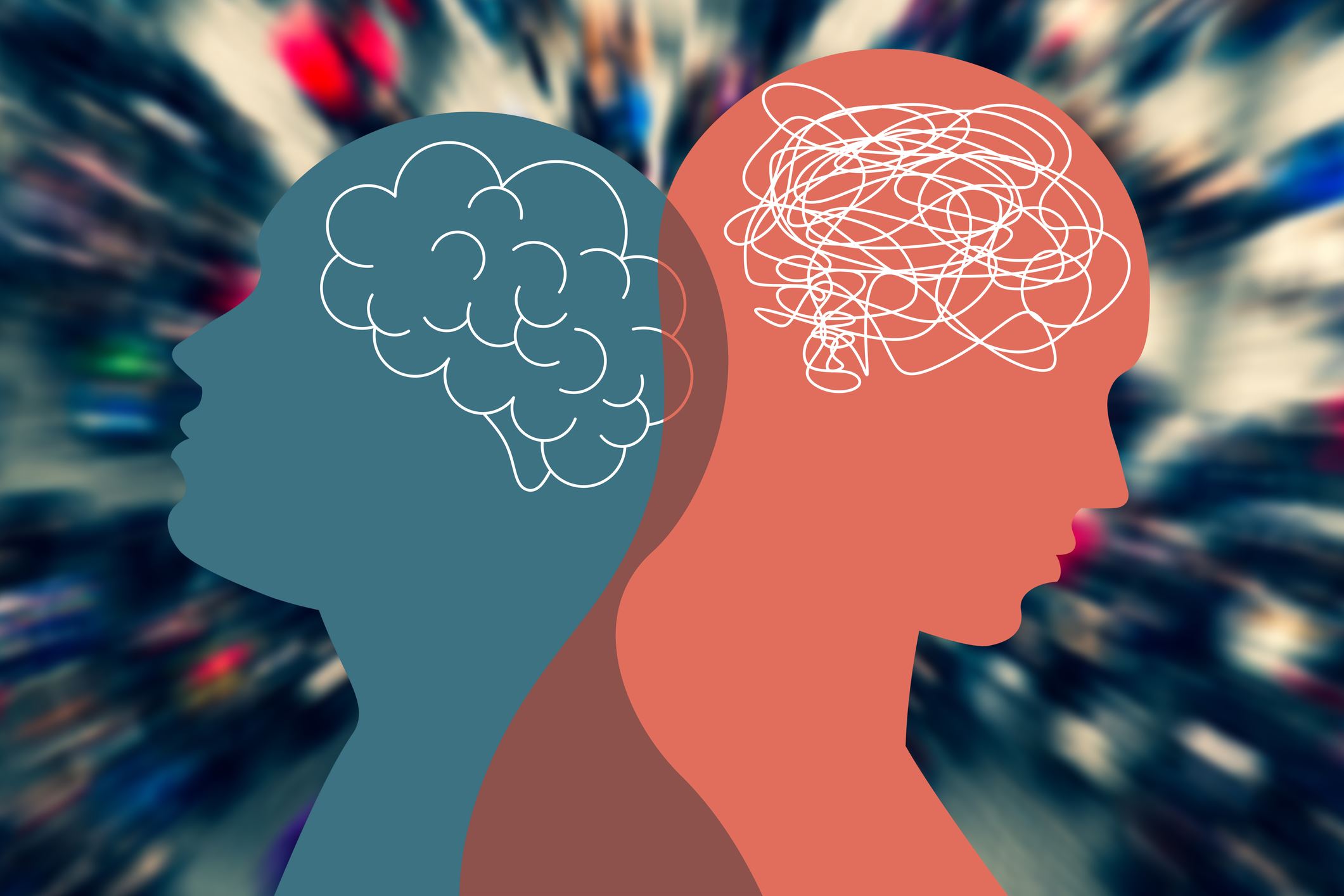On March 30th, we observe World Bipolar Day, a day dedicated to raising awareness about bipolar disorder and reducing the stigma surrounding this mental health condition. Bipolar disorder affects millions of people worldwide, yet many individuals struggle in silence due to a lack of understanding or fear of judgment. In honor of World Bipolar Day, let's take a closer look at the signs and symptoms of bipolar disorder, as well as the importance of early intervention in managing this condition.
Understanding Bipolar Disorder:
Bipolar disorder is a mental health condition characterized by extreme mood swings that include periods of intense highs (mania) and lows (depression). These mood shifts can significantly impact a person's daily life, relationships, and overall well-being. It's important to note that bipolar disorder is a chronic illness that requires lifelong management through therapy, medication, and lifestyle changes. By recognizing the signs early on, individuals can seek help and begin treatment to manage their symptoms better.
Signs and Symptoms:
The signs and symptoms of bipolar disorder can vary from person to person, but typical indicators include drastic changes in mood, energy levels, sleep patterns, and behavior. During a manic episode, individuals may experience heightened energy levels, impulsivity, racing thoughts, and grandiose ideas. On the other hand, depressive episodes are characterized by feelings of sadness, hopelessness, fatigue, changes in appetite or sleep patterns, and thoughts of self-harm or suicide. It's essential for both individuals experiencing these symptoms and their loved ones to recognize these signs and seek professional help.
Importance of Early Intervention:
Early intervention plays a crucial role in managing bipolar disorder effectively. By seeking help with the first signs of symptoms, individuals can receive an accurate diagnosis from mental health professionals and start treatment promptly. With proper medical care and support systems in place, individuals with bipolar disorder can lead fulfilling lives and reduce the risk of complications such as substance abuse or relationship difficulties. Education about bipolar disorder is key in promoting early intervention efforts within communities worldwide.
Supporting Loved Ones:
If you suspect that a loved one may be struggling with bipolar disorder, it's essential to approach them with empathy and understanding. Encourage them to seek professional help from therapists or psychiatrists who specialize in mood disorders. Additionally, offering emotional support through active listening, validating their experiences, and helping them adhere to treatment plans can significantly impact their recovery journey. Remember that supporting someone with bipolar disorder requires patience and compassion.
Promoting Awareness:
As we commemorate World Bipolar Day this year and beyond, let's commit to raising awareness about bipolar disorder within our communities. By destigmatizing conversations surrounding mental health conditions like bipolar disorder and advocating for early intervention strategies, we can create a more supportive environment for those affected by this illness. Together, we can empower individuals living with bipolar disorder to seek help without fear or shame.
Residential Treatment Center for Bipolar Disorder in Georgia
For those seeking professional help, Red Top Wellness Center offers a residential treatment program specifically tailored for individuals with bipolar disorder. Our team of experienced professionals understands individuals' unique challenges with this condition and provides individualized treatment plans to support their recovery journey. In addition to therapy, medication management and holistic approaches such as mindfulness and yoga are incorporated into our program to promote overall well-being. Contact us today at (770) 637-7474 to learn more about our residential treatment center for bipolar disorder in Georgia.


